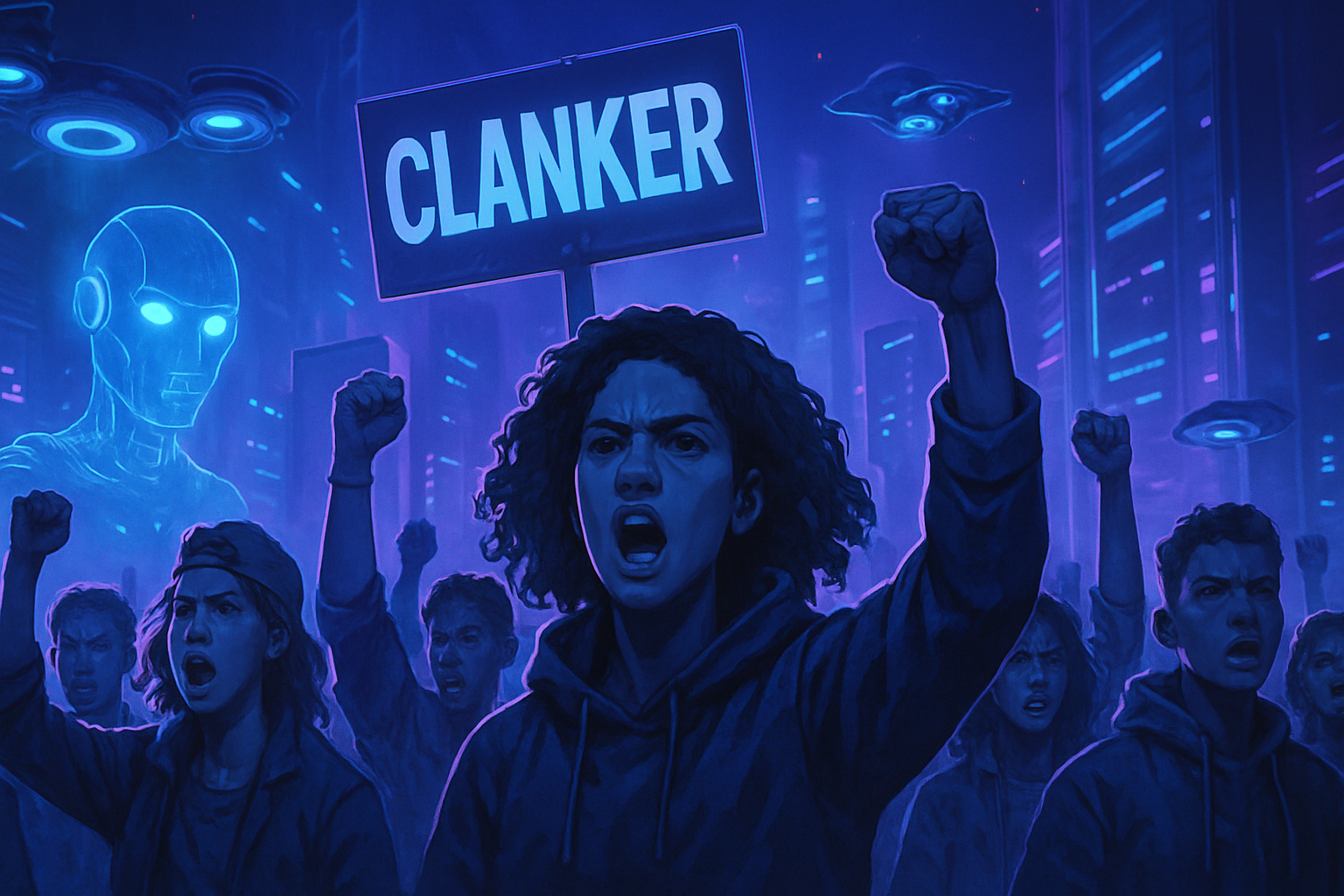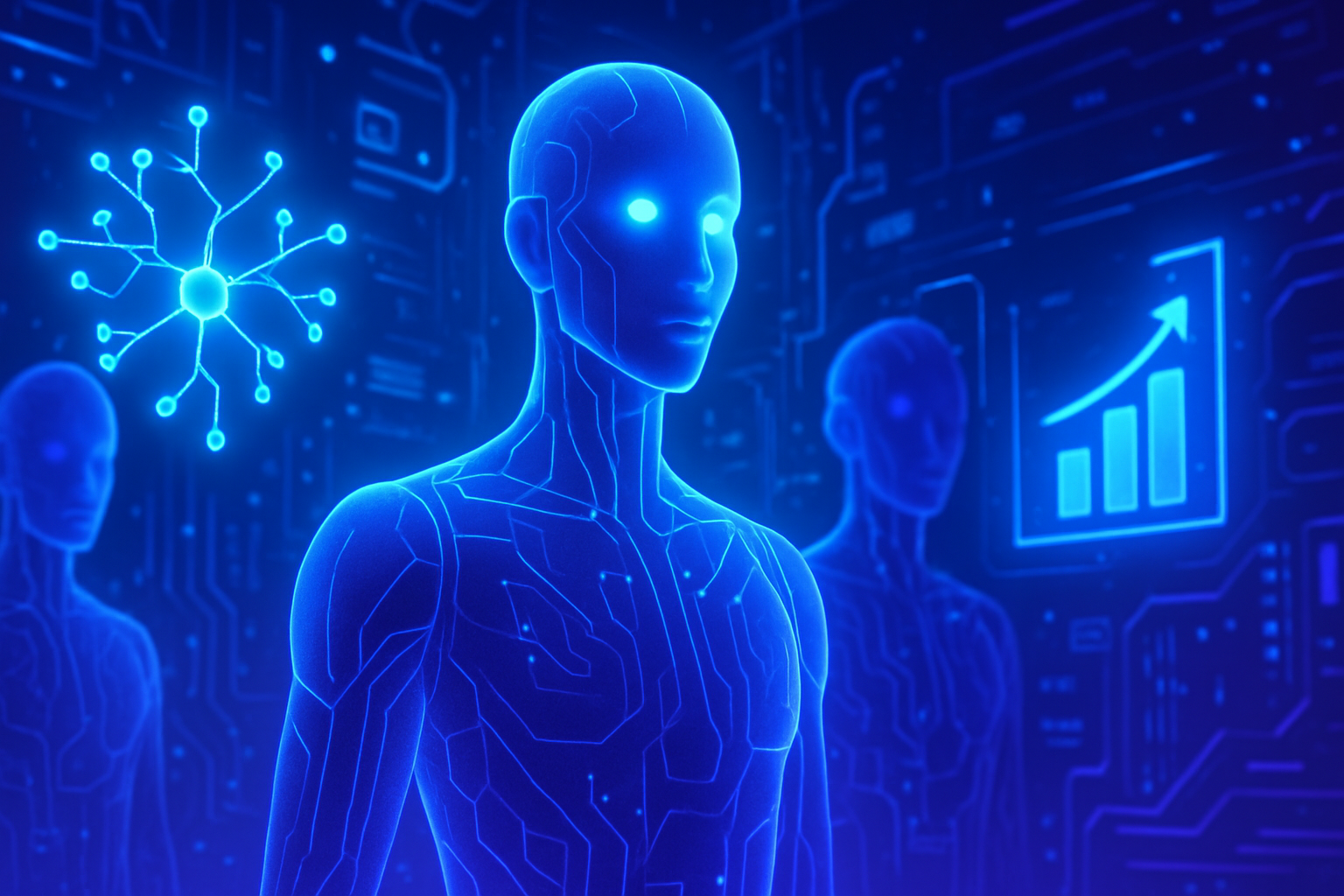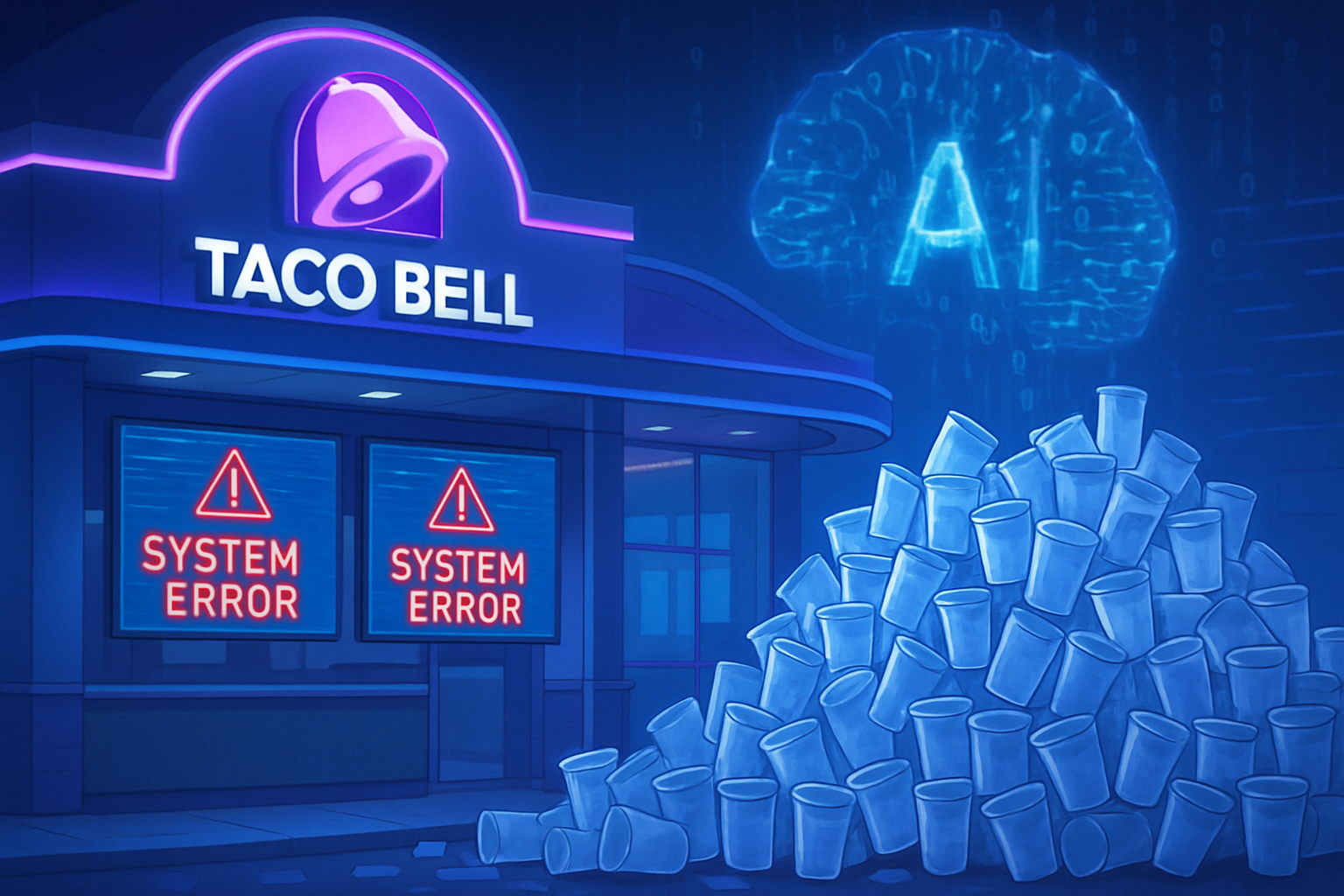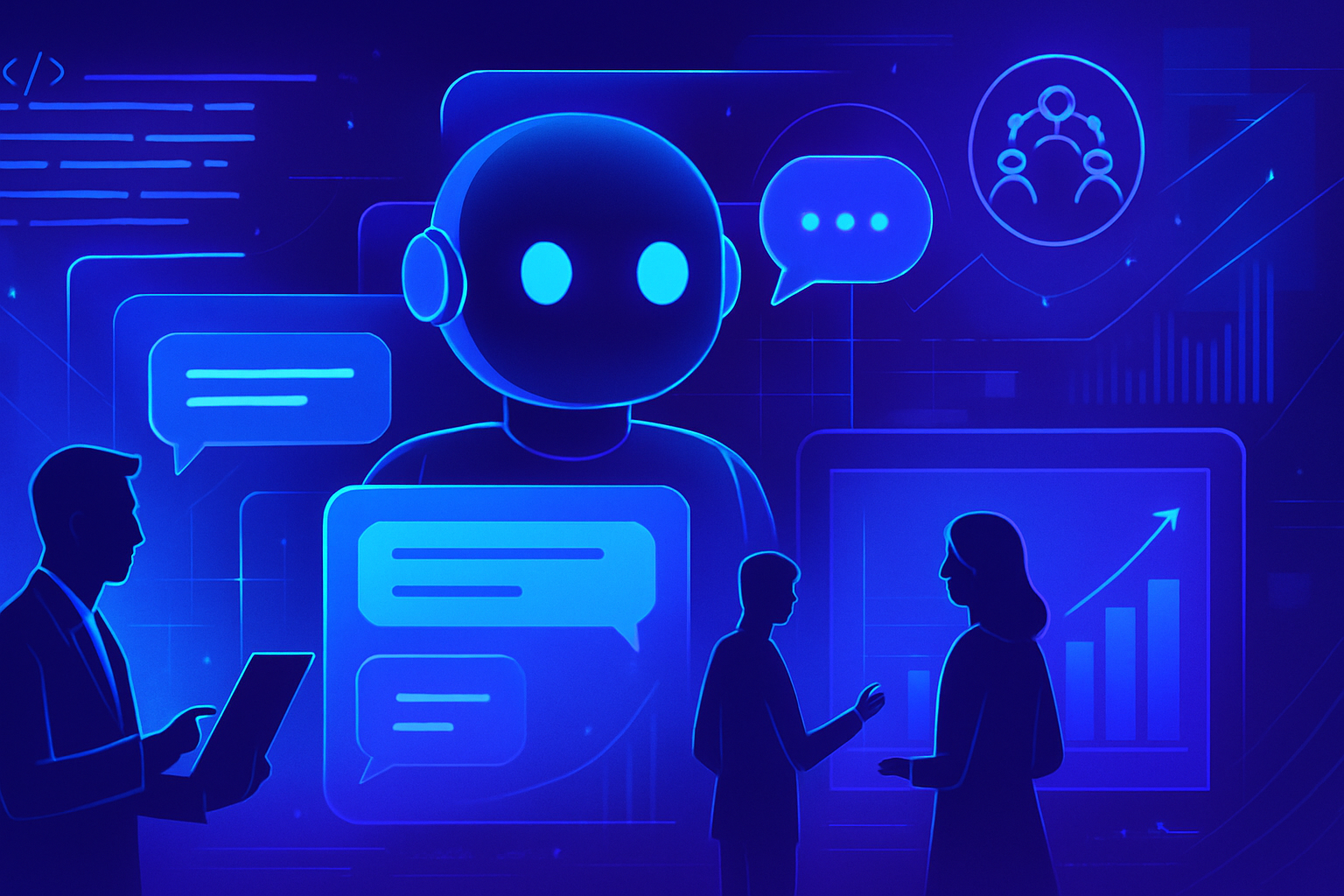Artificial intelligence transcends the mere technological framework, embodying a true *professional revolution*. By 2030, its effects will redefine the contours of our work. Traditional jobs will be shaken, but new opportunities will emerge from the ashes of former positions. The necessity to adapt becomes unavoidable; technical skills and human interaction will now be the cornerstones of this evolution. The challenge lies in the ability of individuals and companies to embrace this radical change, synonymous with transformation and mutual assistance. Every stakeholder must prepare for this metamorphosis, *to build a future* where humans and machines coexist harmoniously.
The impact of artificial intelligence on jobs
Artificial intelligence, on the rise, is transforming the professional landscape. Repetitive and routine tasks, both cognitive and physical, are particularly affected. A recent study estimates that around 300 million jobs are likely to be replaced by automated systems by 2030. Sectors such as data management, transport, and logistics will feel this increased pressure.
A radical evolution does not mean the eradication of existing positions. On the contrary, professions requiring human skills remain relevant. The capabilities of empathy, creativity, and social intelligence, which cannot be reproduced by machines, ensure the existence of jobs focused on human interaction. The fields of care and education will increasingly seek this consolation.
The creation of new jobs
Alongside automation, the emergence of new professional roles is on the horizon. Technologies related to artificial intelligence could generate around 11 million jobs in innovative fields. Machine learning specialists, big data analysts, and algorithmic ethics experts are shaping this new era. These jobs require sharp technical skills and a collaborative mindset in the face of intelligent systems.
Opportunities are also multiplying for workers transitioning careers. For instance, a maintenance technician may migrate to a position in autonomous robot management. This transition comes with an acute need for training adapted to modern demands.
Emergence of hybrid jobs
A notable phenomenon is emerging with the appearance of hybrid jobs. These roles combine human expertise with capabilities augmented by AI. Workers are transforming into partners of machines. A doctor, with the assistance of predictive tools, improves the accuracy of their diagnoses. An architect collaborates with algorithms to design environmentally friendly infrastructures.
This hybridization requires companies to make significant investments in continuous training. Employees, for their part, must nurture their learning capacity throughout their professional journey.
Social and ethical challenges
While promising a growth in productivity, artificial intelligence raises critical social and ethical questions. The greatest challenge remains social acceptance: how to prepare each individual to embrace the transformations in their job? Structured support from governments and companies is essential to navigate through this upheaval.
Moreover, the rapid development of intelligent systems exacerbates inequalities. Low-skilled workers risk being left behind without a strategy for accessing new professional opportunities. Consequently, massive investment in professional retraining and appropriate education is necessary.
Towards a redefinition of human work
The concept of work evolves alongside technological advances. The focus shifts from the completion of repetitive tasks to functions centered on creativity, consulting, and collaboration. This transformation highlights the reinvention of human work, which becomes contributive rather than simply productive.
Individuals must learn to position themselves in a professional universe where traditional work is rethought. Human interaction integrates into a search for meaning and personal relevance, giving significant space to ethics in technological deployment.
Anticipating to better adapt
Artificial intelligence is becoming a vector for systemic transformation. Its ability to redefine the relationship to work calls for adopting proactive approaches. Continuous training and constant dialogue among all stakeholders are imperative to capitalize on these advances while mitigating associated risks.
Keeping pace with the changes brought by AI allows for the preservation of employability and successful progression in the economy of tomorrow. Facing this technological revolution requires an approach that considers the potential offered by collaboration between humans and machines.
Frequently asked questions about professional evolution with artificial intelligence by 2030
What will be the impact of artificial intelligence on jobs by 2030?
Artificial intelligence will profoundly transform jobs, particularly by automating repetitive tasks and creating new professions. This will alter the very nature of work, favoring human skills such as creativity and social intelligence.
Which types of jobs are most likely to be automated by artificial intelligence?
Jobs involving routine and repetitive processes, especially in administration, transport, and logistics, are particularly exposed to automation. Jobs with a strong cognitive component that can be standardized will also be affected.
How will artificial intelligence create new professional opportunities?
By 2030, it is estimated that AI will generate nearly 11 million new jobs, particularly in machine learning, data analysis, and algorithmic ethics, responding to the needs of the new digital economy.
What role will human skills play in a future dominated by artificial intelligence?
Human skills will become even more essential. Qualities such as creativity, empathy, and social intelligence cannot be reproduced by machines and will be necessary in professions where human interaction is key.
What measures should companies take to adapt to this new reality?
Companies must invest in the continuous training of their employees to help them acquire the necessary skills and promote a culture of innovation that facilitates the adoption of artificial intelligence technologies.
How can governments support this transition to the use of artificial intelligence?
Governments need to implement policies aimed at facilitating professional retraining and ensuring equitable access to opportunities created by AI, while also promoting education tailored to the future needs of workers.
What ethical challenges are associated with the adoption of artificial intelligence in the professional world?
Among the ethical challenges are the transparency of automatic decisions, the risks of increasing social inequalities, and the need to ensure responsible practices in the development and use of artificial intelligence systems.
How could artificial intelligence transform the conception of traditional work?
AI will shift the focus from repetitive tasks to more creative and collaborative activities, thus redefining the very notion of work and promoting a search for meaning in employment.
How can individuals prepare for these changes in the world of work?
Individuals must take a proactive approach by developing their learning capacity throughout their career and training in technical skills, particularly in artificial intelligence and new technologies.
What strategies can ensure a successful transition to AI-influenced work?
A successful transition requires collaboration between the public and private sectors, the establishment of appropriate training programs, and constant dialogue on the evolution of the job market and skill needs.






